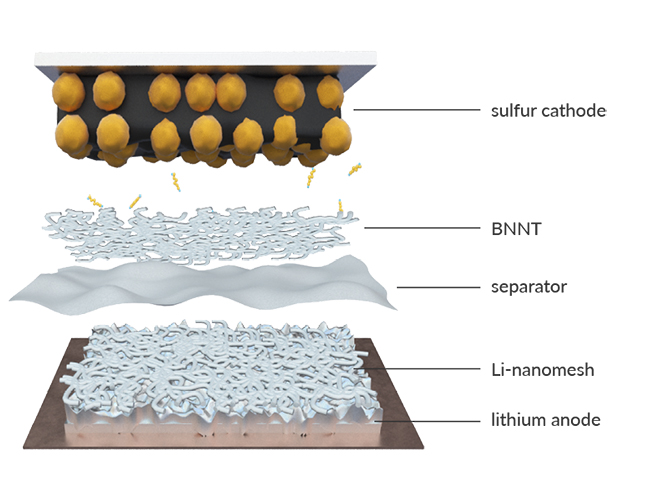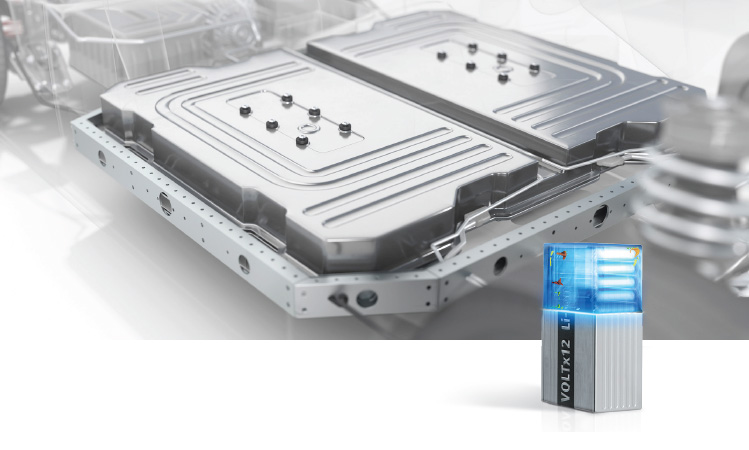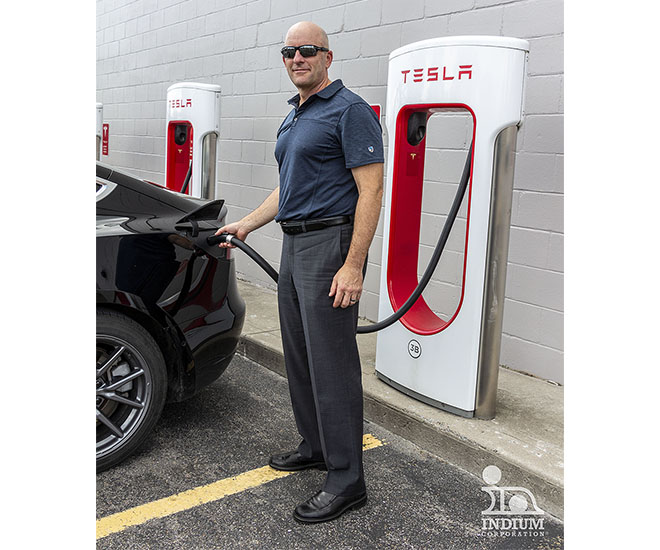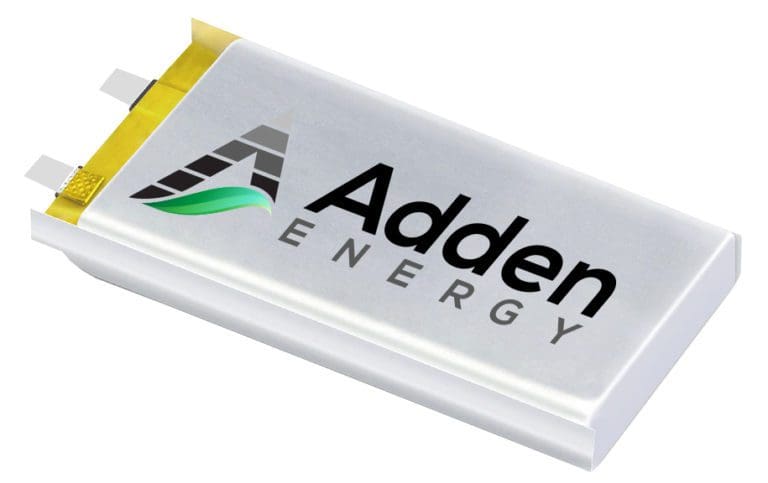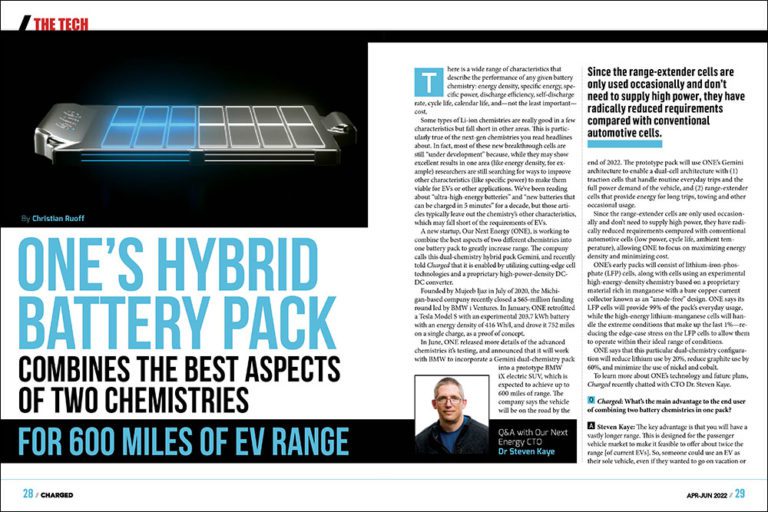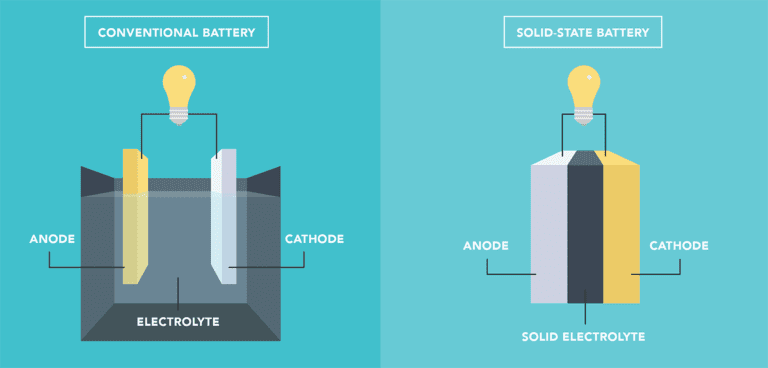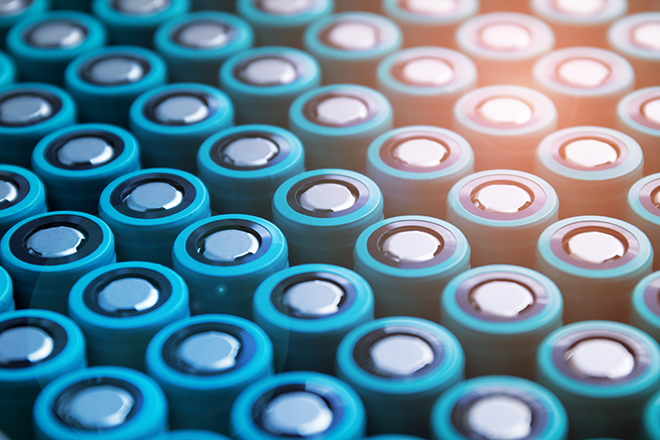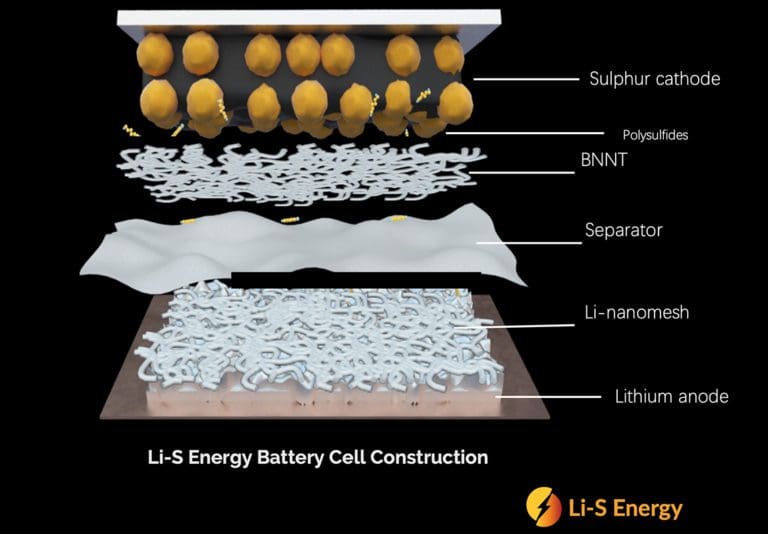Li-S Energy has revealed its first 20-layer battery cells using its third-generation semi-solid-state lithium-sulfur (GEN3 Li-S) technology. GEN3 Li-S 20-layer battery cells use a patented low-flammability electrolyte Li-nanomesh technology and Boron Nitride Nanotubes (BNNTs) to prevent dendrite formation. Compared to the company’s second-generation lithium-sulfur cells, the new cells offer greater energy density and more safety,… Read more »
Search Results Found For: "dendrite"
Identifying the root cause of particle contamination in electronic automotive components
Sponsored by Zeiss. Production processes, the production environment, and the final packaging all have an influence on component cleanliness. As a result, compliance agreements with limiting values often need to be implemented between the customer and supplier or between product development and production. This means that the cleanliness requirements are not fixed and can be… Read more »
Thermal runaway early detection: critical sensors and connections for safe battery management
Sponsored by TTI and Amphenol. Battery management systems (BMS)—the electronic brains that monitors and maintains lithium ion battery packs—are essential for the safe and efficient operation of the batteries powering a variety of applications, including electric vehicles. The growth of electric vehicle technology is driven by the desire for reduced emissions, quieter and less expensive… Read more »
Electronics assembly challenges and solutions for the evolving e-mobility landscape
Sponsored by Indium Corporation The e-Mobility Landscape Multiple new EV-only automakers have emerged in recent years—due in part to lower cost of entry, climate change, and environmental government policies—creating a demand to launch new competitive EVs that didn’t exist within the legacy original equipment manufacturer (OEM) marketplace. In this rapidly expanding EV market, reliability and… Read more »
Adden Energy receives exclusive tech license and seed funding for solid-state battery scale-up
Solid-state EV battery startup Adden Energy has received an exclusive technology license from Harvard University’s Office of Technology Development, and $5.15 million in seed financing from Primavera Capital Group, Rhapsody Venture Partners and MassVentures. Adden Energy plans to use the funding to scale up a solid-state coin-cell prototype developed by researchers in Xin Li’s Harvard laboratory…. Read more »
ONE’s hybrid battery pack combines the best aspects of two chemistries to deliver 600 miles of EV range
Q&A with ONE CTO Dr. Steven Kaye. There is a wide range of characteristics that describe the performance of any given battery chemistry: energy density, specific energy, specific power, discharge efficiency, self-discharge rate, cycle life, calendar life, and—not the least important—cost. Some types of Li-ion chemistries are really good in a few characteristics but fall… Read more »
Are solid-state batteries always safer than Li-ion?
Many in the EV industry see solid-state batteries as the future, and one of the reasons is that the more stable solid electrolyte is expected to be safer than current liquid electrolytes. However, new research indicates that the picture may be more complex. A recent study led by the DOE’s Sandia National Laboratories, published in… Read more »
University of Michigan researchers predict 1,000 real-world cycles for their lithium-sulfur battery
Researchers at the University of Michigan have developed a lithium-sulfur battery which they estimate will be able to achieve 1,000 real-world cycles with fast charging. In an article published in Nature Communications, the researchers write: “Lithium-sulfur batteries have a high specific capacity, but lithium polysulfide (LPS) diffusion and lithium dendrite growth drastically reduce their cycle… Read more »
Startup Safe-Li to commercialize new battery separator tech that prevents thermal runaway
Pennsylvania-based venture capital firm Green Swan Partners (GSP) has reached an agreement with Skysong Innovations, the technology transfer arm of Arizona State University (ASU), granting GSP the exclusive option to finalize commercial rights to ASU’s fire-safe battery technologies. The technologies were invented by ASU Regents’ Professor Dr. Jerry Lin, who is also the Chief Scientist… Read more »
Li-S Energy and Janus Electric to develop lithium-sulfur cells for swappable battery packs
Australian battery specialists Li-S Energy and Janus Electric are working together to develop lithium-sulfur and/or lithium metal battery cells for Janus’s swappable battery packs. Janus Electric offers products for converting heavy diesel trucks to EVs, based on an exchangeable battery system. Li-S Energy’s lithium-sulfur cells feature a cathode made of sulfur, carbon, a nanomaterial called… Read more »







